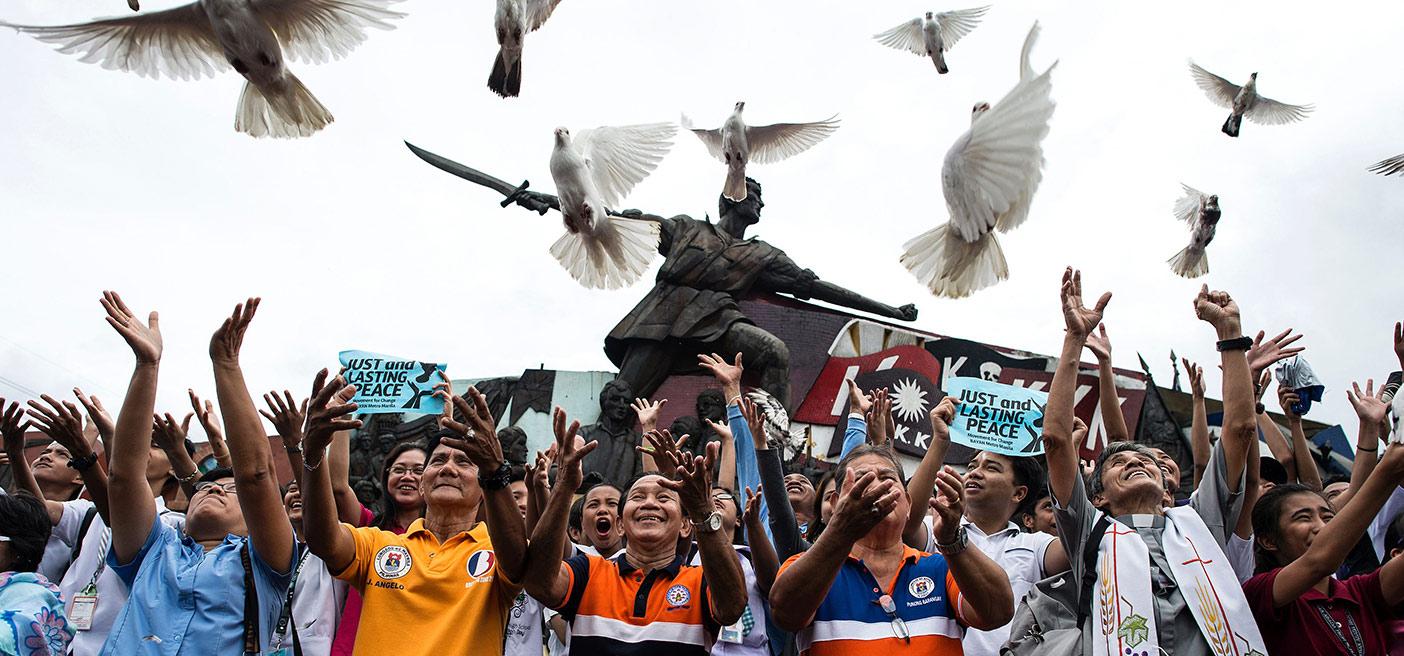Human security is an emerging international paradigm for realizing global threats whose promoters contend that the appropriate referent for global security must be on the
Read MoreIf you are interested in pursuing a degree in Information Technology from one of the many colleges that participate in the Summer Institute of Management
Read MoreThe Summer Institute of Engineering Science and Technology (SIEst) offers two programs – the Summer Academy and the Summer Science and Technology Track. The program
Read More



